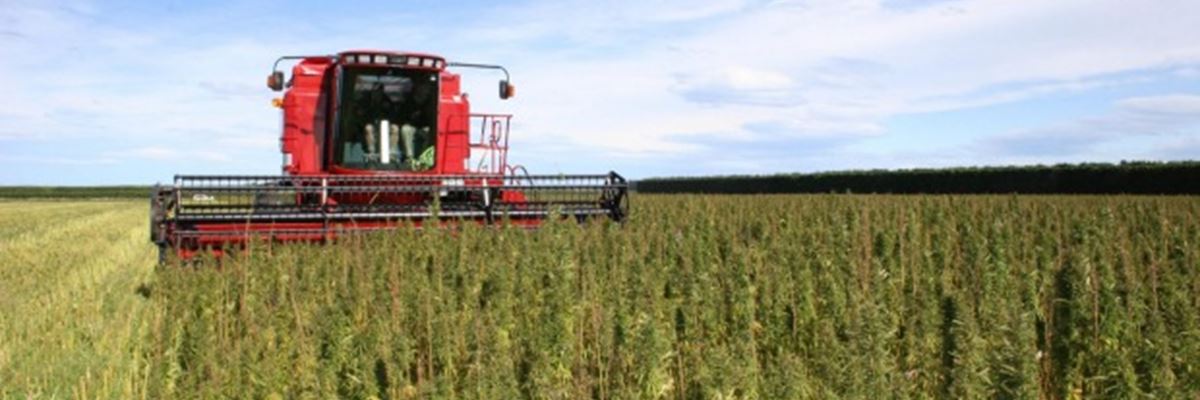Hemp law change could generate millions in profits
29 September 2016
Research & Development
From the company’s beginning, one of its main priorities has been a focus on research to help secure the futures of both the company and their farmer clientele.
Work for us
Enquire about joining the Midlands Team.
29 September 2016

A legal change could generate a more than $4 million industry for New Zealand, and give a big boost to the regions.
Food Standards Australia and New Zealand has prepared a proposal to permit the sale of low-THC hemp seed as food.
If it gives it the green light, the decision will go to the ministers responsible for food regulation on each side of the Tasman, to review or agree that the standard should become law.
New Zealand's minister Jo Goodhew has previously said she would support the sale of low-THC hemp seed food.
At the moment, companies can use hemp oil, and hemp fibres for clothing or building materials, but selling hemp food – such as hemp protein – is illegal. It can only be sold as pet food.
Although hemp is a form of cannabis, it has very low levels of THC, so it is not used as a recreational drug.
Huub Kerckhoffs, a senior lecturer in Massey University's institute of agriculture and environment, said there were big opportunities in hemp for New Zealand.
Hemp crops had remediation properties for soil, he said, and could help break down the waste of the oil and gas industry.
There were also thousands of downstream applications. Kerckhoffs estimated a hectare of hemp could generate $5000 or $6000 a year in gross profit for a farmer. "it's definitely a competitive option."
People were worried about the potential connection to an illegal drug but they should not be, he said. "I always say you would have to smoke a joint the size of a lightbulb to get anywhere near being high."
Midlands Seeds is one company already involved in hemp production.
Oil Seed Extractions subsidiary managing director Andrew Davidson said because New Zealand producers were restricted to selling hemp oil, the co-product hemp seed meal, which is 75 per cent of the whole seed, was relegated for sale as an animal food. This limited the sort of prices it could command and made the oil more expensive to produce.
"If there was a change that allowed us to sell 100 per cent it would make the whole product model much more viable," he said.
He estimated that the industry could command 1000 hectares per annum in New Zealand, generating $4000 per hectare, with a 120-day plant cycle and relatively low input costs.
"[That's a] farm gate baseline rather than a starting point as following a change to the hemp foods legislation I think it will take some time to establish end markets - three to five years," he said.
"Significant value creation and meaningful job creation would however come from further processing of this seed crop to hemp food products including oil, hemp flour, hemp protein and hulled hemp seeds. Further processing infrastructure would need to be developed for these products, with investment in the required equipment being complimentary to existing infrastructure and operations in New Zealand."
Davidson said it could be integrated into the existing cropping system.
Richard Barge, of the NZ Hemp Industries Association, said the potential for hemp was huge. He said more production would benefit regional New Zealand, because the processing required for hemp fibre had to be done near the fields, requiring workers in rural parts of the country.
He said hemp could be used as a complement to dairy because it would only need to be grown for a quarter or third of the year. "Farmers can still graze their animals and it can help with nitrate run-off."
He said he could describe a business plan that would quickly turn Davidson's estimate of $4000 per hectare into $40,000. "That's how diverse the industry is. It's attractive enough to pique the interest of farmers. Once you open up the medicinal market, it becomes scarily massive."
He said the "reputational risk" around being associated with cannabis products had reduced significantly over recent years.